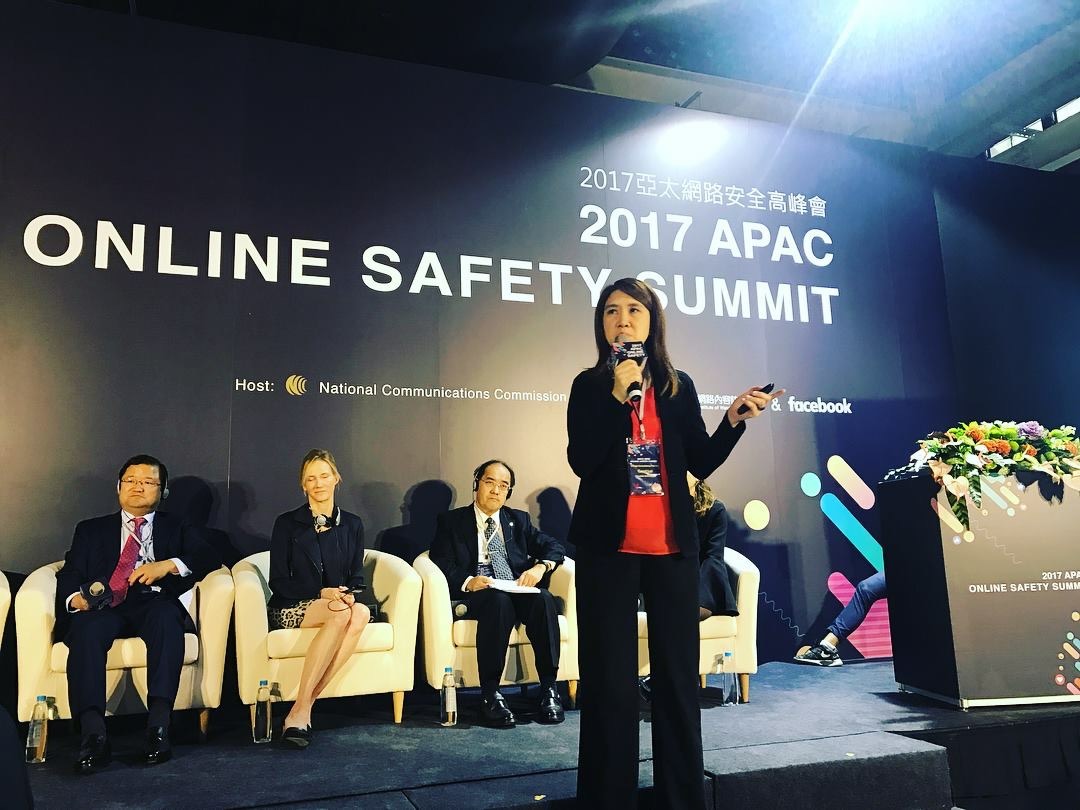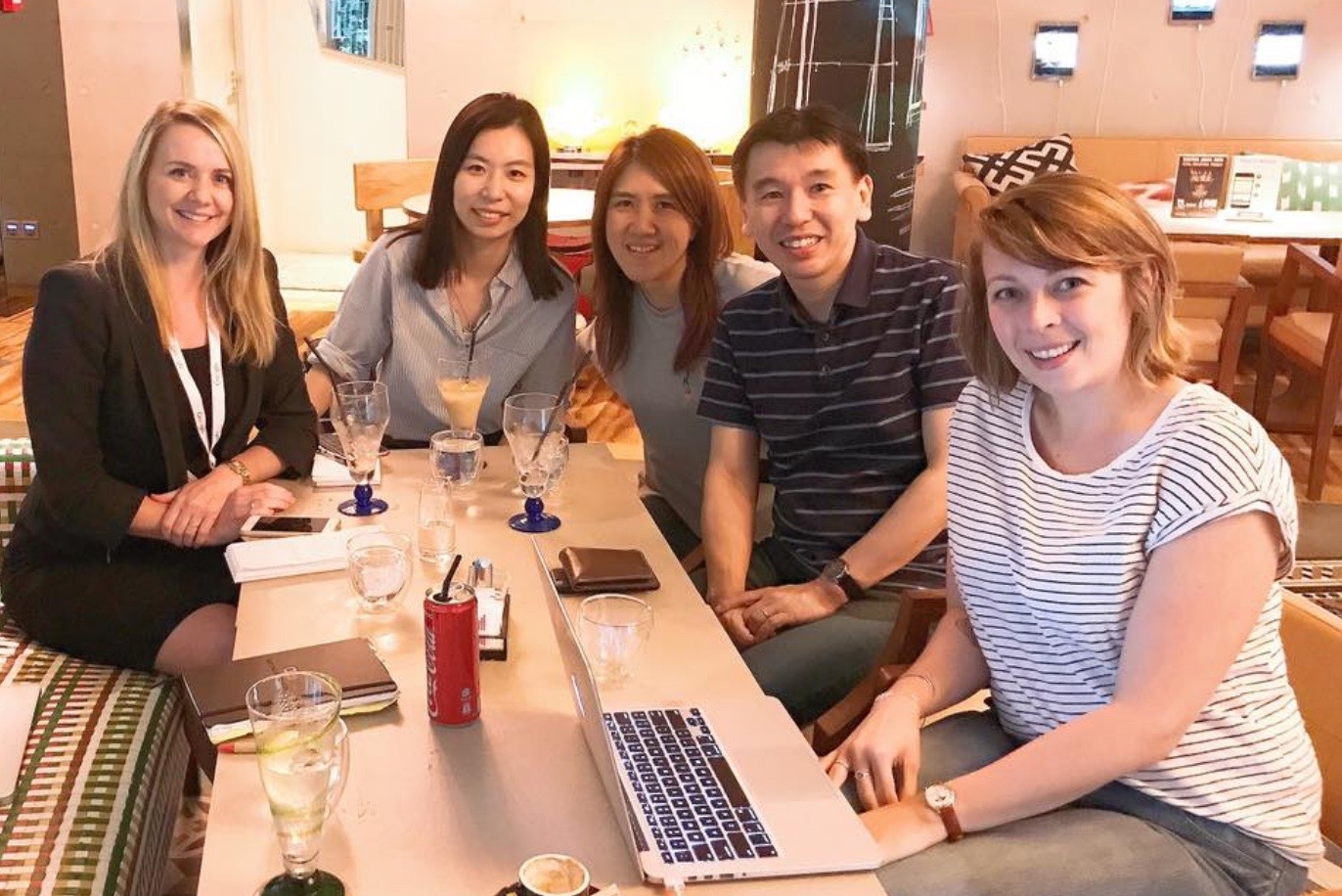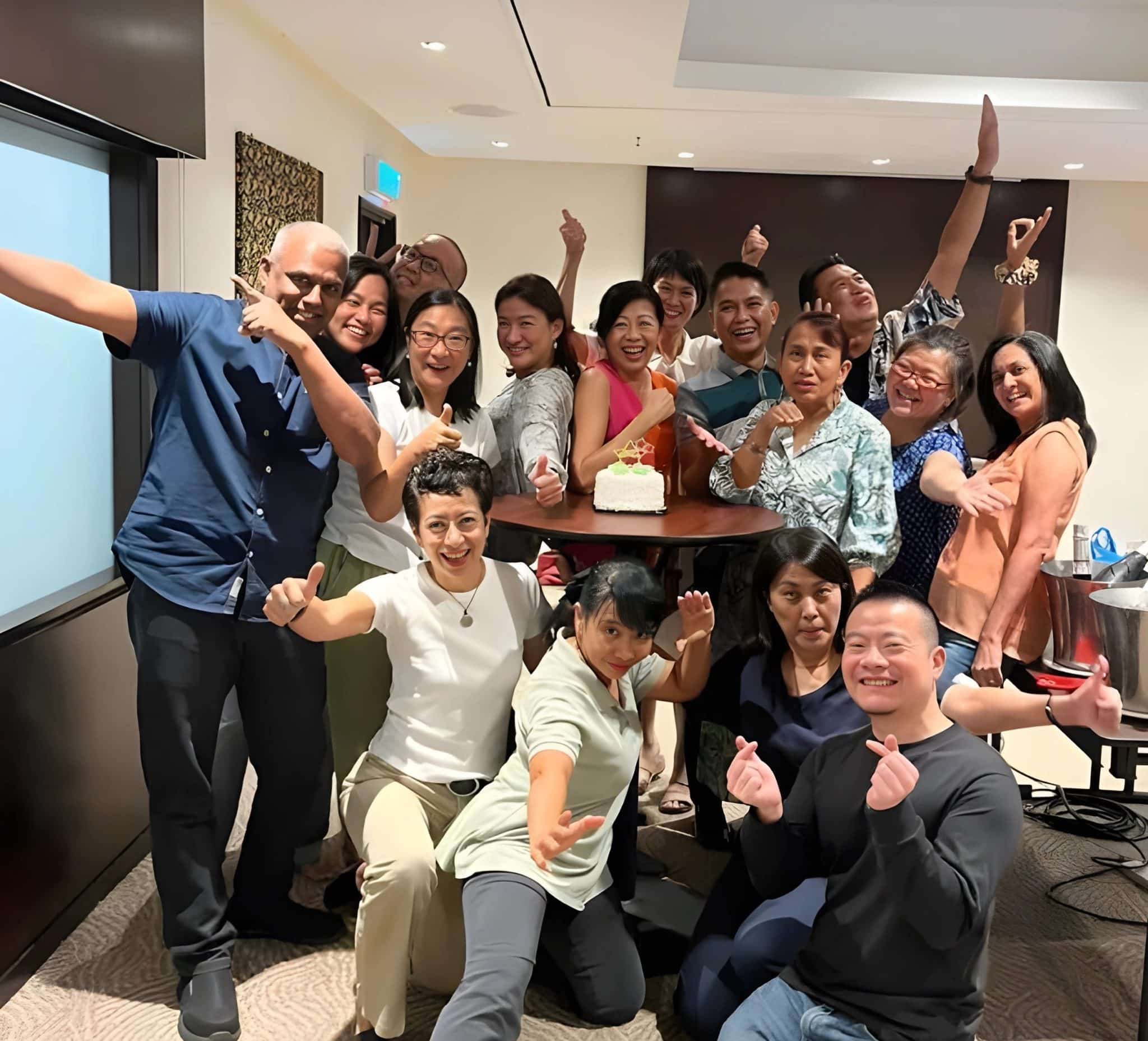Photo by rawpixel on Unsplash
You’re hovering over your laptop keyboard, furiously typing out an intelligent and coherent (in your view) riposte to a seemingly illogical point made by a random stranger on social media.
“Technology is something that we should be accountable for – just like talent and time.”
A quick scan. A satisfied smile. An empathic and satisfying click. Then you wait – anxiously, anticipating, writing out the next riposte in your head as you wait for the other person to reply to your comment. Except, more often than not, they don’t. And you’re left empty, angry or frustrated at that experience.
Wash. Rinse. Repeat.
Is that how we live our digital lives, where virtual reality is not a reality that God’s Word need to apply?
For digital literacy educator Carol Loi, technology, and by extension social media, is something Christians need to learn to be good stewards of – just like talent and time.

Carol Loi speaking at Facebook’s inaugural APAC Online Safety Summit in Taipei, where she spoke about Singapore’s cyber wellness efforts.
“Technology is also something that we should be accountable for,” Loi told Salt&Light.
How we use technology to be ambassadors for Christ is a question that should be asked whenever we log on.
The founder of Village Consultancy, who was previously deputy director of Digital Literacy at the Info-communications Media Development Authority (IMDA), said the questions of how we use technology to be ambassadors for Christ, to fulfil the Great Commission of making disciples of all nations and share of God’s goodness should be asked whenever we log on to the World Wide Web.
“People may not read the Bible, but they read our posts – how we react to posts, what we comment online and what we share,” she pointed out.
Good habits start early
How people interact online and the kinds of behaviours shown are starting at a younger age.
Loi pointed to a statistic from a 2016 study by IMDA stating the average age when children start to use social media is 6.2 years old, and almost all the children surveyed used the video streaming service YouTube.
It also showed that the smartphone is the most frequently used device to access the Internet, followed by the tablet and smart TV.
“People may not read the Bible, but they read our posts – what we comment online and what we share.”
The educator said many young children are given a device as a babysitting tool, sometimes during meals, and this sets them up for unhealthy habits and robs them of opportunities to learn social skills.
“When young children use social media unsupervised, such as when the autoplay of a next video when one ends is enabled, or given unlimited screen time, or when they consume low-quality media – their development will be adversely affected,” she warned.
She recounted an experience when she was at a parenting forum and a mother of four-month-old baby asked for advice: Her baby refuses to drink his milk if he does not get any screen time.
Babies, Loi said, do not associate feeding with screens unless these devices were introduced from young.
“To unknowingly set up the unhealthy habit from very young, perhaps out of desperation from a baby’s insistent crying, ultimately sets the child up for failure.”
It’s not just the young who are at risk either.
The educator said the other vulnerable group on social media are seniors, as they tend to trust information from their friends or those found off the Internet without verifying.

Carol (third from left) partnering faculty from the University of Hong Kong and the State University of New York to plan programmes that equip children to be discerning digital citizens.
“Coupled with the desire to connect to with their family, they tend to share information that may be false or half truths,” she said.
“In their loneliness, they may also fall for scams easily when they feel anxious and do not have people to turn for advice.”
The key to support these two vulnerable groups are parents, Loi said. These adults need to provide guidance both to their young, and to their elderly parents.
“Their action, or inaction, makes a difference to the different generations,” she said.
Use God-given talents
The educator also made the call for those with certain skillsets to be a positive online influence.
For those who are given the talent of writing or creating images and videos or the soft skills of relating to people online, Loi said these are God-given gifts that should be put to use for the above.
The talent of writing or creating images and videos are God-given gifts that should be put to good use.
“If He has given us a gift of writing, let’s write posts that help people gain wisdom and better understand Christ. If He has given us a gift of creating lovely photo images, videos or infographics, let’s use the gift to enhance connection and understanding,” she suggested.
“If He has given us a gift of relating to people online, let’s engage others on social media to bring different perspectives to conversations; know when to enter a conversation and when to come out of it while guarding our hearts, especially if it is on a disagreement of world views,” the long-time digital literacy educator advised.
It should, ultimately, boil down to this: “Work in partnership with the Holy Spirit, both online and offline, so that we can be worthy to be called His good and faithful servant.”
We are an independent, non-profit organisation that relies on the generosity of our readers, such as yourself, to continue serving the kingdom. Every dollar donated goes directly back into our editorial coverage.
Would you consider partnering with us in our kingdom work by supporting us financially, either as a one-off donation, or a recurring pledge?
Support Salt&Light


